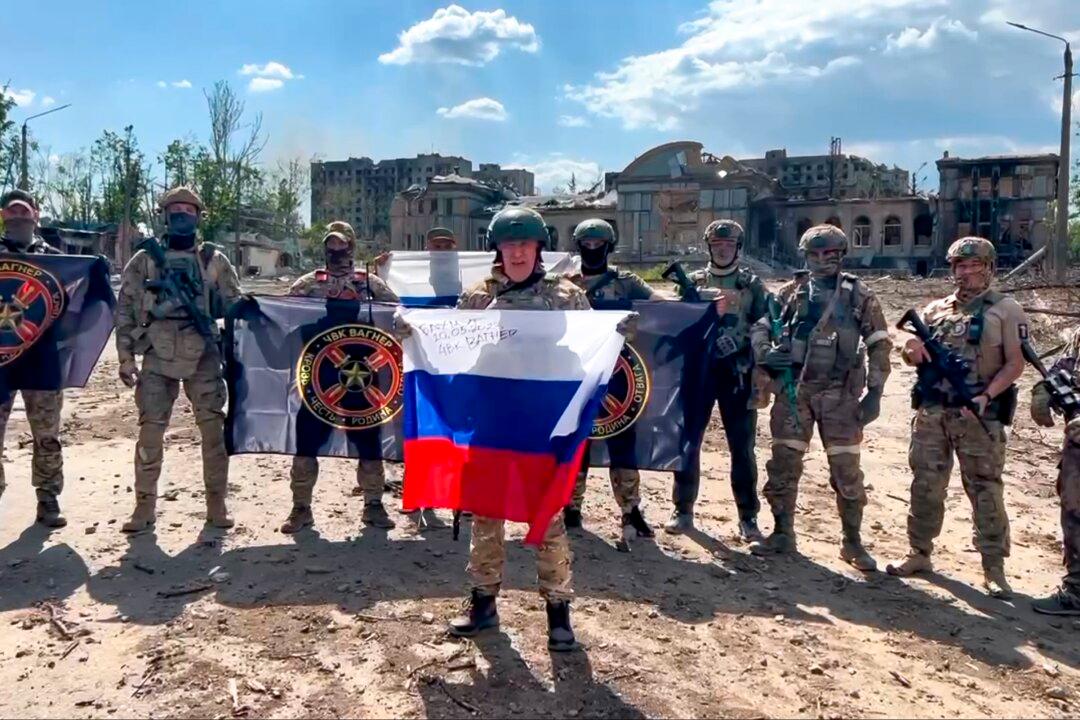News Analysis
The dramatic—if short-lived—armed mutiny led by Wagner Group leader Yevgeny Prigozhin has prompted a storm of speculation that Russian President Vladimir Putin’s grip on power is slipping.

The dramatic—if short-lived—armed mutiny led by Wagner Group leader Yevgeny Prigozhin has prompted a storm of speculation that Russian President Vladimir Putin’s grip on power is slipping.